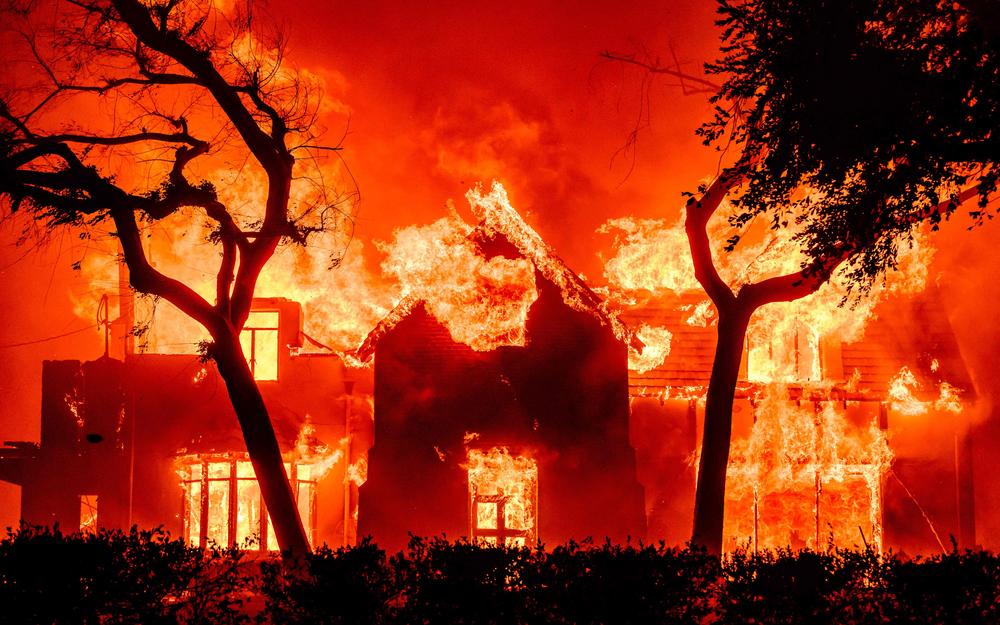With water entering the bag, a few bring wealth to times of drought that cost others
- This summer we felt fast with the climate emergency and the disasters it contains. Our green places are redder than ever and are suffering from plants and cabals, and the peasants who accompany them. To cope with scarcity, some have water financing as a solution, as it will require measured and rational use. This logic is more developed than expected and we have focused on the changes introduced since the 1970s. Among them, the water intake on Wall Street on 7 December 2020.
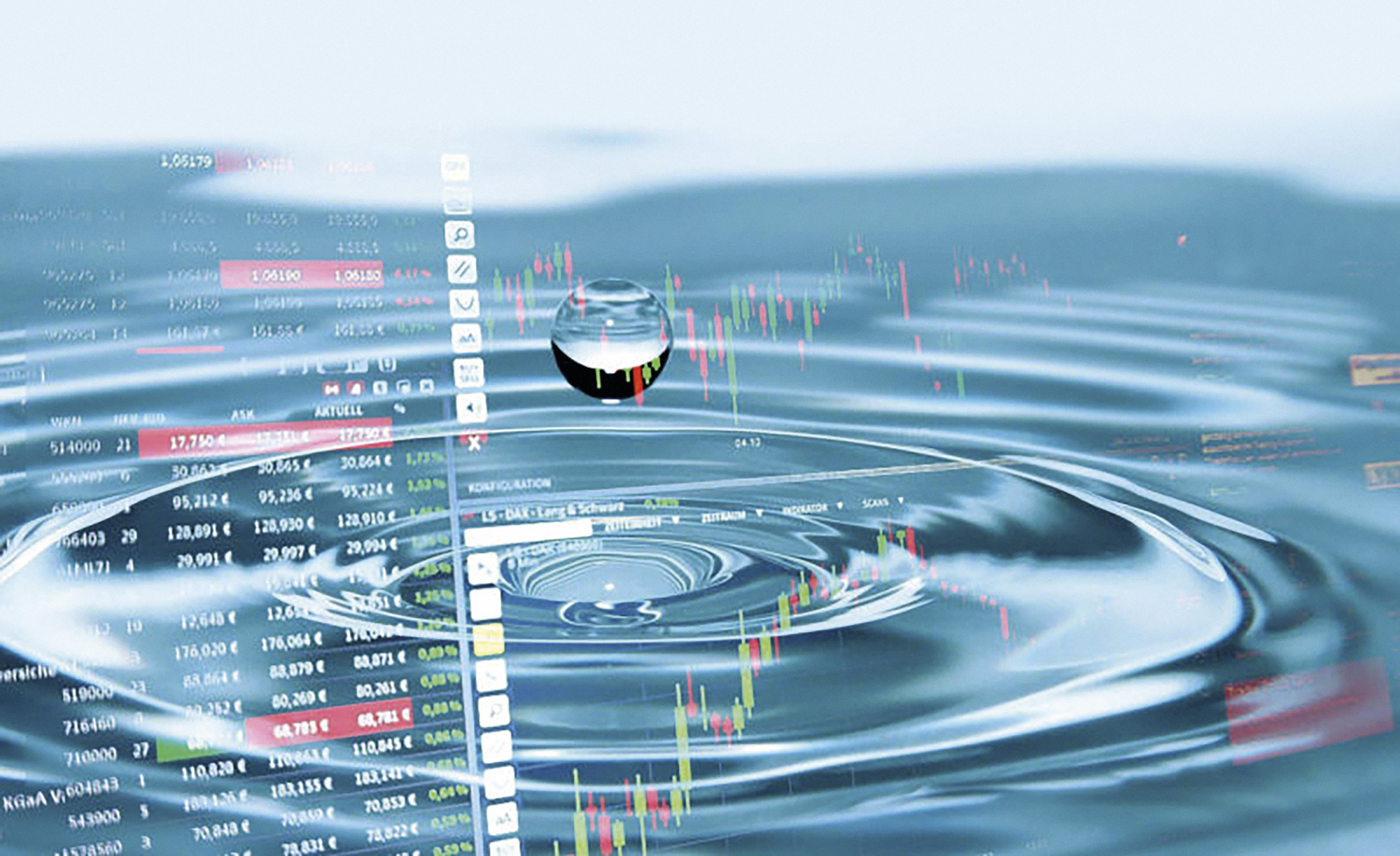
In April last year, agroeconomist Nicolas Mesly said in the Quebequés newspaper Le Devoir: “It remains to be seen to what extent financial actors, and therefore speculation, influence the price of water.” We have a great stranger and we will have to wait a year or two to clarify the answer.” A year earlier, on December 7, 2020, water was introduced into the Chicago and Nasdaq bags, and almost two years later, the answer is that water has become a rich speculative commodity. The evolution is as follows: In 2020 the price of the sash – 1.2 million litres – was $496, in 2021 it was $728 and this summer $1,144. Thus, with the decline of “black gold,” oil seems to be giving rise to “blue gold.”
Explanation: “If Zeozer enters the Stock Exchange, intrinsic value has no more meaning, its monetary value matters, that is, how many benefits it can derive.” The aridity with which it has felt this summer explains the rise in prices, because if something becomes rare, it increases its value in the market.
Does economist Claude Vaillancourt L’eau say, ressource vitale or capital gain? (“Water, Vital Resource or Route of Capital Accumulation”): “Speculators have an interest because water is declining. This can be considered strange, because the planet actually has the same amount of water, but pollution, climate warming and growing demand are a decline. That’s especially in California, America’s leading drought-stricken cereal supplier.” Add to this the evolution of the world population: By 2050 we will be 10 billion and according to the UN in three years two thirds will suffer "hydraulic stress" (demand higher than water reserves). This summer we have a taste ahead, and we have the opportunity to imagine what water scarcity brings...
In 2020 the car wash cost $496
– 1.2 million liters of water – in 2021 $728 and this
summer $1,144
They were introduced into Wall Street futures contract or future water index agreements. We were in 2020, and in California, they suffered a huge drought and a fire that dragged 1.7 million hectares of forest. To explain this financial notion as simply as possible -- this index doesn't look at the price of water, it's speculating about how price can evolve. In other words, purchasers of agreements will not achieve, in return, the physical distribution of water, they are paralysing the evolution of prices, increased or reduced, in order to make money. We are in speculation: they do not want water, they want soda, and they do not care if their activities have to be thirsty for millions of other citizens. The agreements are, officially and essentially, ways of fixing the price of water, and therefore of ensuring the safety of farmers, municipalities and businesses, because the price set above cannot be affected by subsequent unforeseen events.
But the negations of investors seeking to speculate can lead to unsustainable price developments: “We do not dare to imagine what would provoke a panic movement or a stock exchange euphoria in a vital resource such as water; its price could react accidentally, without taking into account that it is a vital good and without considering its possible consequences”, we can read in the article “H20 fait are entrée en bourse” of Antoine Costa (H2O we have it on the stock market). Much more money is exchanged in the stock exchange than in the real market, to cover the reality of the real market with "speculative brumas", a notion that Nicolas Bouleau published in Le mensonge de la finance ("The Lie of Finance") and that the prices processed are not suited to reality.
In the 1970s and 1980s, after intense ideological work of persuasion, the UN succeeded in 1992 in declaring water “economic good”.
Senator Elizabeth Warren proposed in March this year the Futur of Watter Act text to get water out of the bag. He says that speculating about water would mean the disappearance of small farms in California, and that for the benefit of a few, who already have a tendency in that state: In the years 2017-2018 a thousand farms have disappeared.
Privatization, a damaging process initiated 30 years ago
Water financing challenges human rights, including the one declared by the United Nations on 28 July 2010: clean and accessible water for all. Ten years later, with the arrival of water on the Bolsa, Pedro Arrojo-Agudo, responsible for the right of water at the UN, is concerned: "Actually, water belongs to everyone and it's a public good. It is intimately linked to all lives and all means of subsistence, a fundamental element for public health. (...) I am very concerned that water is now treated as gold, oil and other raw materials trading on the Wall Street market."
But what has been an "available right" is only one "commodity", but powerful: "It's not water because it's alive, it's priceless. We enter the era of the financial revolution on water," explains the economist who was at Will's Buiter Citigroup; "I answer those who say that water, when falling from the sky, should have a kit, although diamonds also fall from the sky, are nothing," says Deane Dray, director of RBC Capital Markets. These statements are available in the dense documentary Main basse sur l´eau.
“I answer those who say that the water falls from the sky and that there should be a kit, that the diamonds also fall
from the sky,
but that they are not
fine” Deane Dray
Although the introduction of water into the stock market in 2020 is a significant precedent, speculation on water is not new. The documentary includes cases from the United Kingdom and Australia. On 28 November 1989, former Prime Minister Margaret Tatcher privatized the water by making the collection guarantee an account of the past.
In Australia, the quota system was proposed in the 1980s, distributing water rights according to needs, as well as reserves and meteorological forecasts to each of them, municipalities, towns and villages and industrial agents. With the Watter Act decision, a water rights trade market was launched in 2007, opening the door to speculation. Only large ones can survive in this market. If time is favourable, understand if there is rainfall, farmers can survive, but in the context of the disasters of recent years they cannot maintain the high prices set by speculators. As the financial world grows richer, Australian, Californian and unit farms are disappearing, forcing hundreds of farmers to sell a working instrument that passed from generation to generation.
The Chilean reality is not addressed by the documentary, but also there the water has been privatized since the dictatorship of Augusto Pinochet, and it is also evidencing that it is not accessible to the poorest and that water is a good for enriching the rich – extractivist activity and industrial monocultures are the ones that receive the most water, 350,000 Chileans in shortage, according to Greenpeace.
In the 1970s some had already dreamed of the commodification of water, but since population and mentalities were not ready, the documentary explains that they had to rub. During the 1970s and 1980s, a convincing "ideological work" was carried out that qualified water as "economic good" at the UN International Conference on Water and the Environment in 1992. In 2000, economist Riccardo Petrella and the renowned water rights defender, the author of the 1997 Water Manifesto, set the start of water financing: the year of the creation of the first Water Fund, which paved the way for investing capital in water companies. Since then they have multiplied, and today an important part of water distribution and cleaning is in the hands of private companies in many villages.
Water financing is developing as periods of drought that are recurring and is no accident. The solution is to delegate water management to the market. A dangerous solution: stock markets see the possibility of observing and enriching drought.
Agintari gutxik aitortzen dute publikoki, disimulurik eta konplexurik gabe, multinazional kutsatzaileen alde daudela. Nahiago izaten dute enpresa horien aurpegi berdea babestu, “planetaren alde” lan egiten ari direla harro azpimarratu, eta kutsadura eta marroiz... [+]
Biologian doktorea, CESIC Zientzia Ikerketen Kontseilu Nagusiko ikerlaria eta Madrilgo Rey Juan Carlos unibertsitateko irakaslea, Fernando Valladares (Mar del Plata, 1965) klima aldaketa eta ingurumen gaietan Espainiako Estatuko ahots kritiko ezagunenetako bat da. Urteak... [+]
Nola azaldu 10-12 urteko ikasleei bioaniztasunaren galerak eta klima aldaketaren ondorioek duten larritasuna, “ez dago ezer egiterik” ideia alboratu eta planetaren alde elkarrekin zer egin dezakegun gogoetatzeko? Fernando Valladares biologoak hainbat gako eman dizkie... [+]
Eskoziako Lur Garaietara otsoak itzularazteak basoak bere onera ekartzen lagunduko lukeela adierazi dute Leeds unibertsitateko ikertzaileek.. Horrek, era berean, klima-larrialdiari aurre egiteko balioko lukeela baieztatu dute, basoek atmosferako karbono-dioxidoa xurgatuko... [+]
There was no one or all. That we all suffer at least if the necessary changes are not made so that no one suffers the climate emergency. You – reader – I – Jenofá-, they – poor – and they – rich. The fires in Los Angeles did not give me satisfaction, but a sense of... [+]











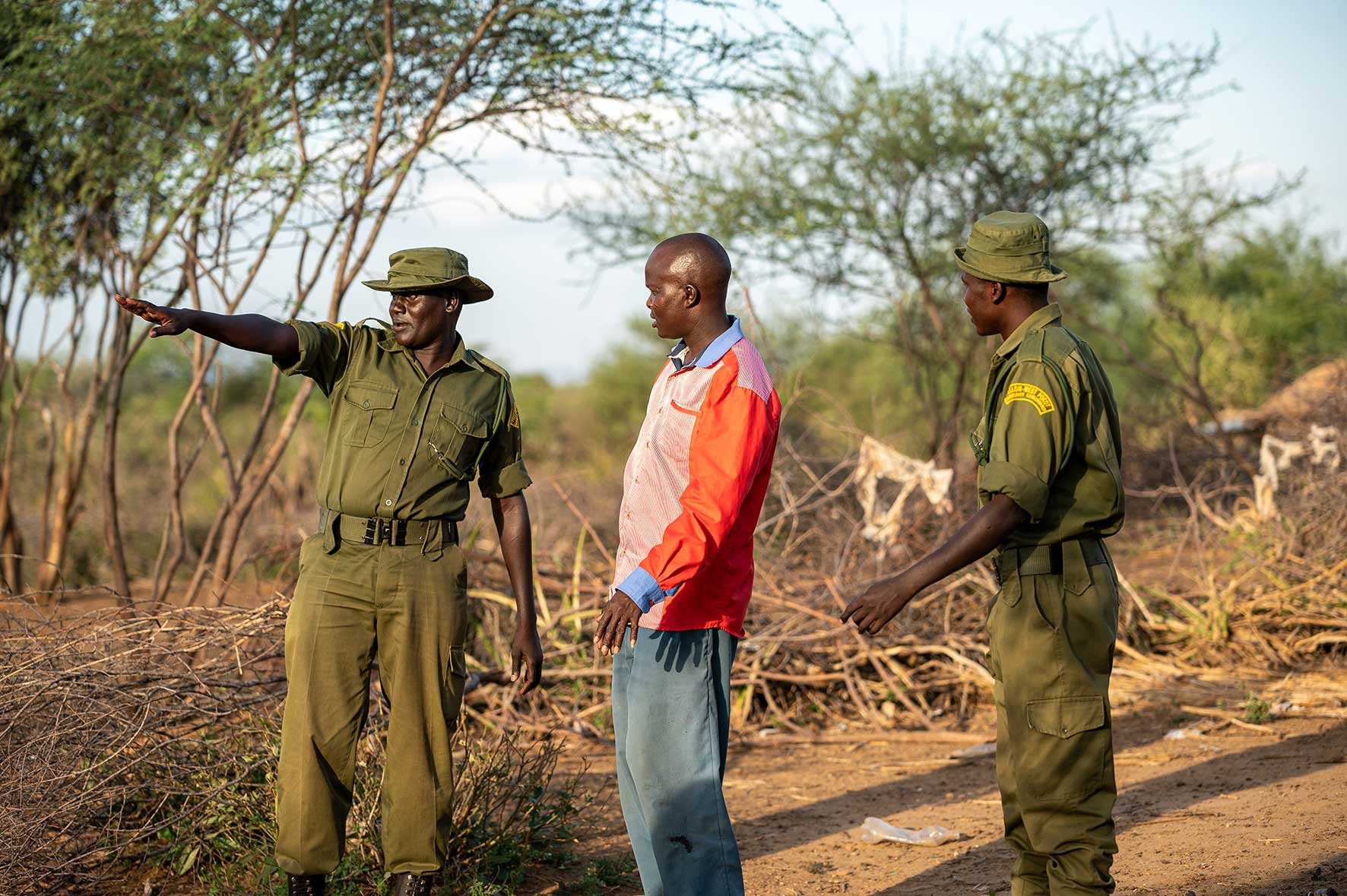
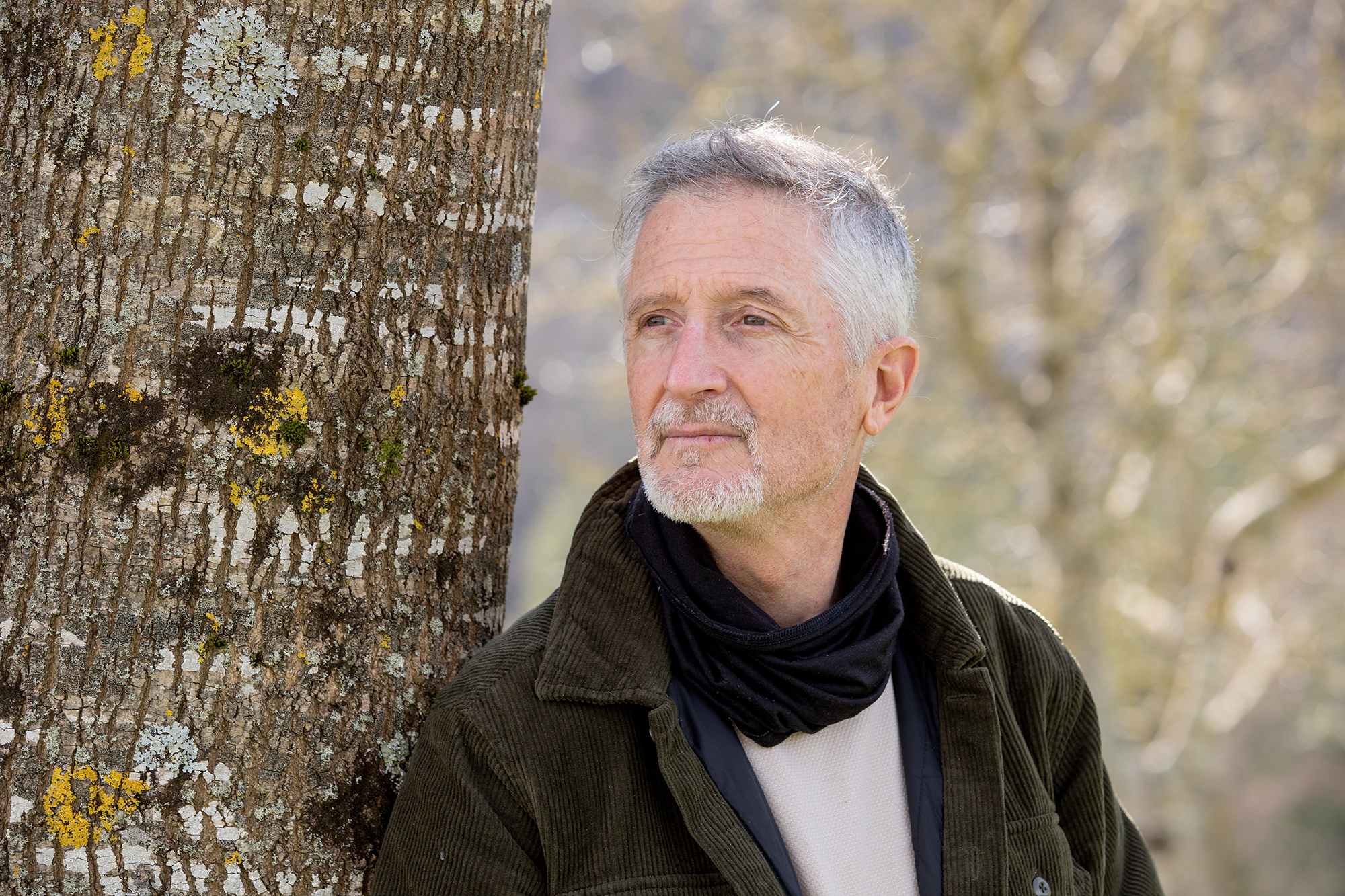


_Glaciar.png)

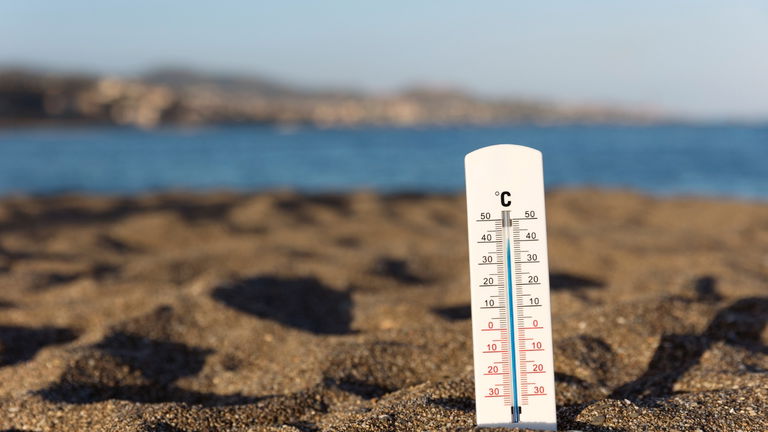
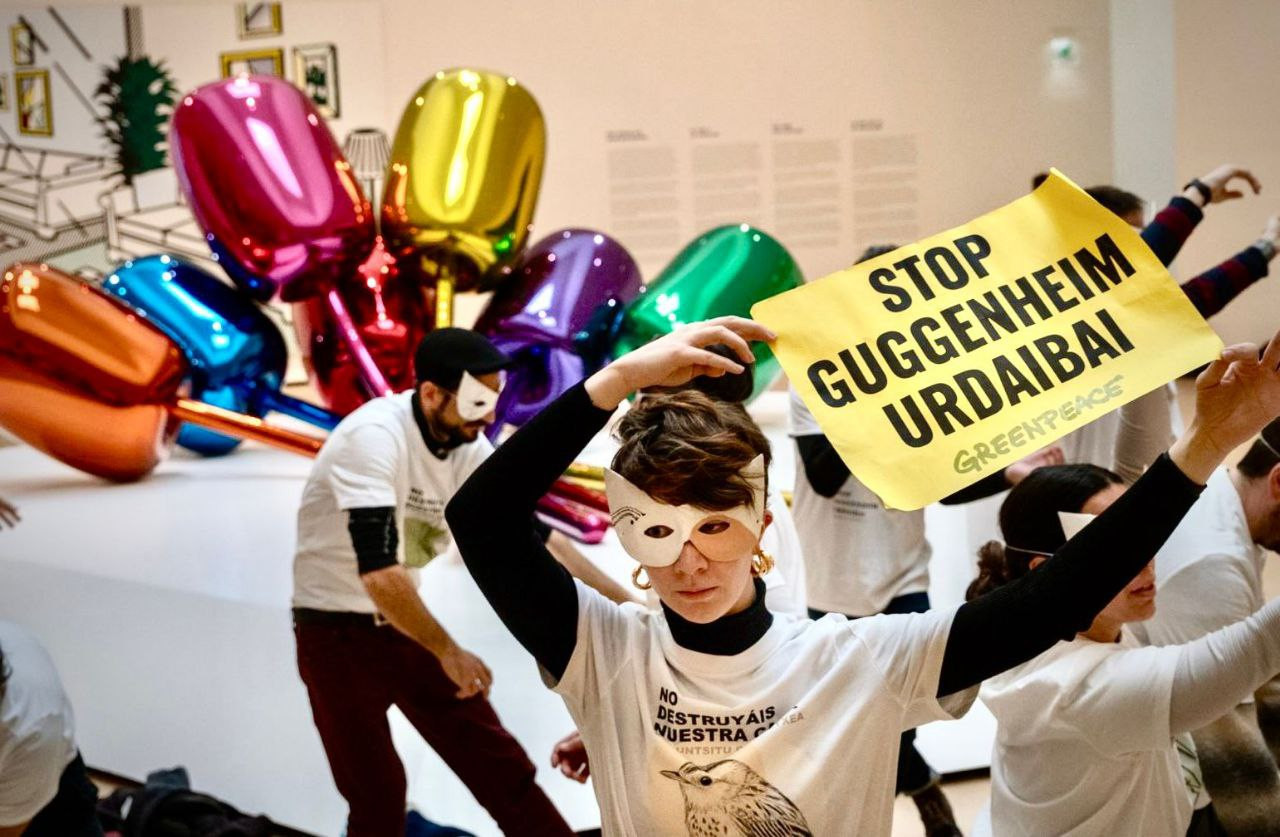

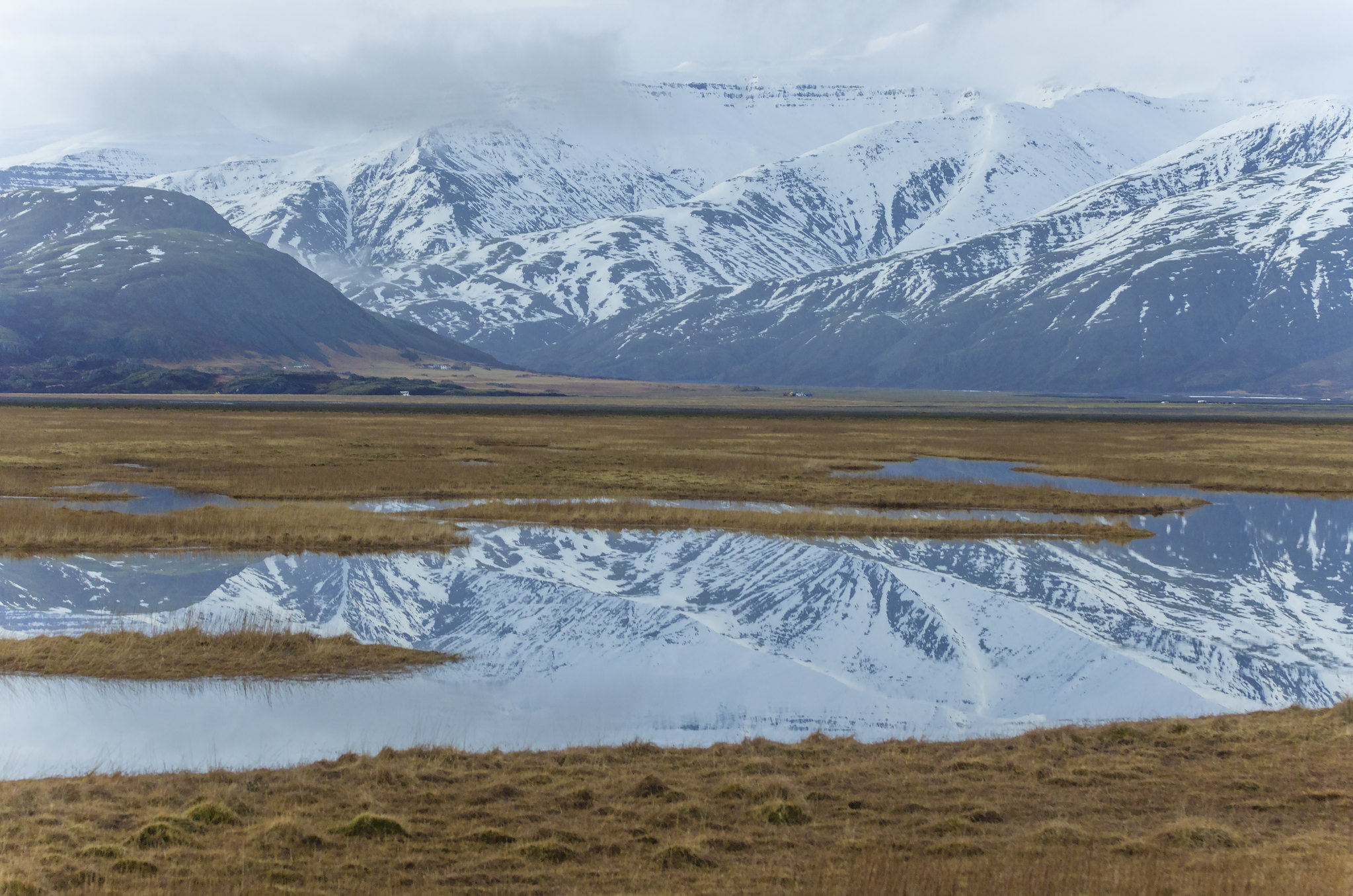
-(1).jpg)
